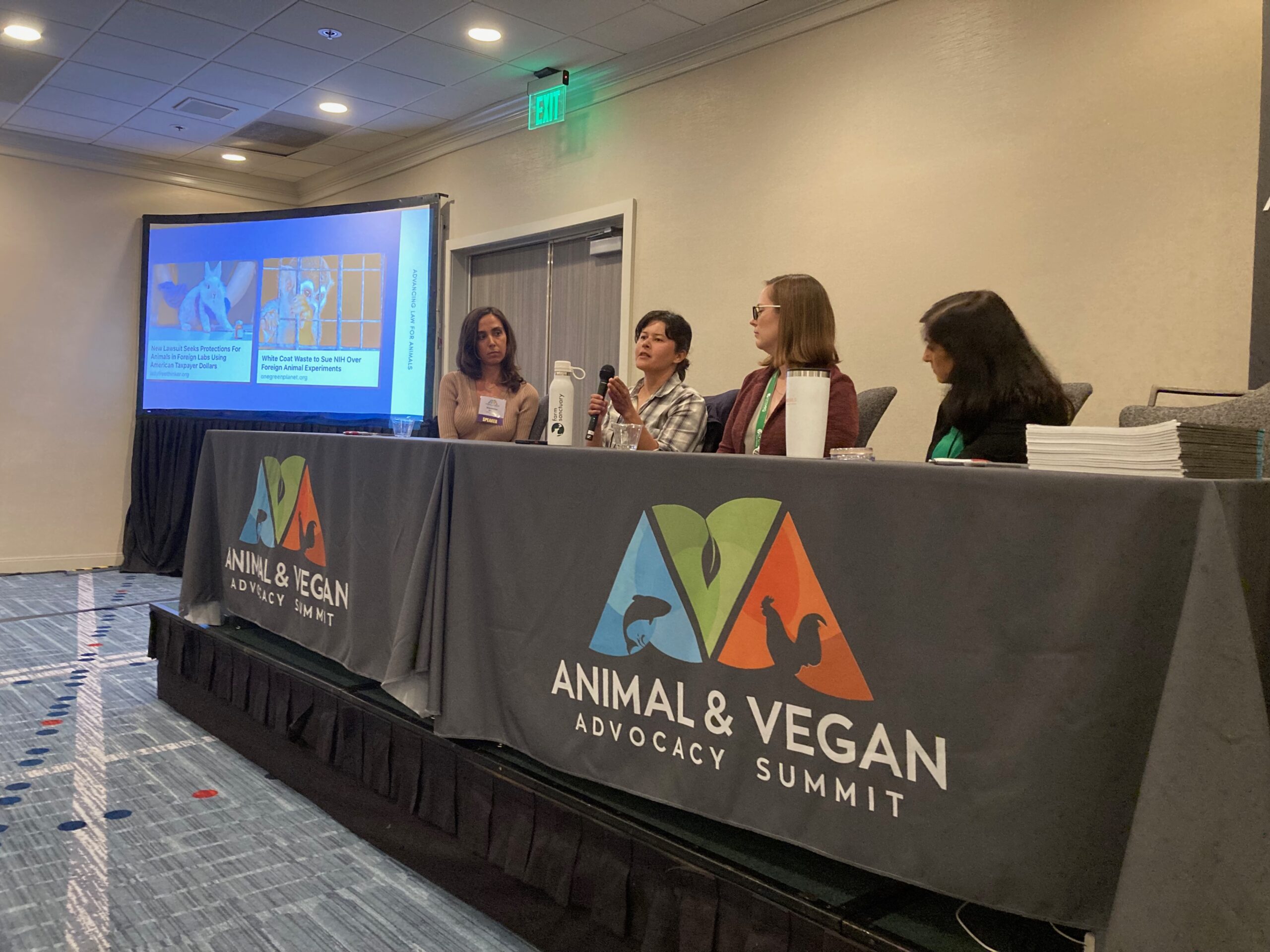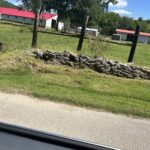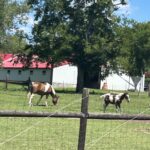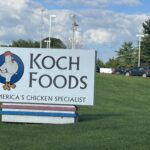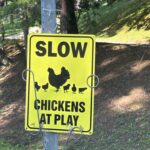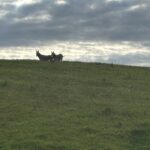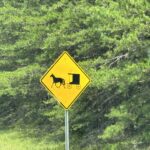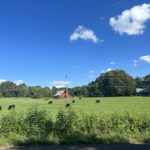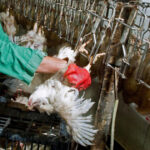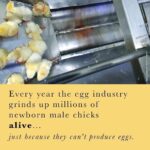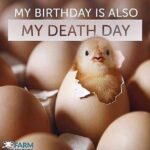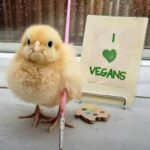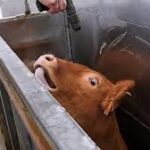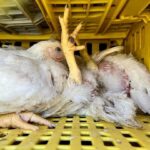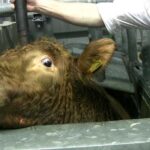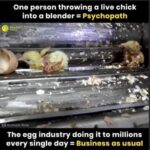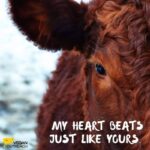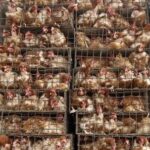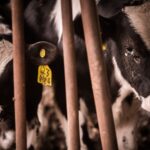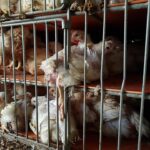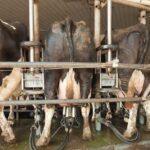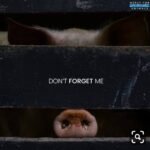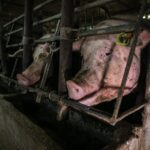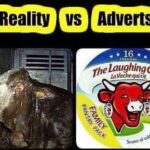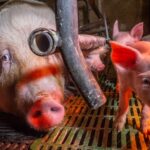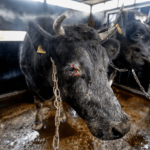Introduction: Psychologist Melanie Joy describes the untold suffering and destruction that is caused by the animal agriculture industry as a violent ideology where, “the populace must be shielded from direct exposure to the victims of the system, lest they begin questioning the system or their participation in it. This truth speaks for itself: why else would the meat industry go to such lengths to keep its practices invisible?”
I first met Sumita Jonak, and her equally compelling sister Shivangi, while attending last year’s Animal Law Conference in Portland, OR. After only a few minutes, I felt like I had known both of them for my entire life. Kindred spirits, Sumita and Shivangi inspire in more ways than they know, as their steadfast compassion towards all animals, including humans, is matched only by their wit, grace, and readiness to laugh, especially if it means laughing at themselves! I cried once or twice during the conference, but thanks to their warm company, I laughed hard every day, and I was reminded of how important it is for all “activists” to find love and balance for the sake of sustainability/sanity. As per Banksy (the street artist), “If you get tired, learn to rest, not to quit.”
Click here to learn more about the Animal Law Conference.
Although I am delighted to share Sumita’s insightful piece, A Thousand Miles in Tennessee, her sobering observations remind me of the words of Mark Twain, “The more I learn about people, the more I like my dog.” 🙂
A Thousand Miles in Tennessee, by Sumita Jonak
While a blistered sun bore down in Texas, I escaped to Tennessee and covered a thousand miles over four summer days. It was a reconnaissance mission to see if relocation from Texas made sense. I visited several plots of land, while basking in the sunshine of this beautiful, bucolic state. Along my travels, I discovered an ugly reality hidden in plain sight—animal agriculture’s miserable stench. I would like to take you through some aspects of the life of a factory farmed animal reared in a concentrated animal feeding operation (CAFO), who is transported in a cramped truck across state lines, and ultimately killed in a slaughterhouse.
I. A Nice Looking CAFO from the Outside
These are chicken sheds in Readyville, a small town southeast of Nashville, TN. The facility had cameras and barbed wire fencing, and I could only snap a few quick shots before arousing suspicion. Note the contrast of free grazing horses lapping up sunshine, while the lesser beings—chickens—are crowded inside dark, dank sheds.
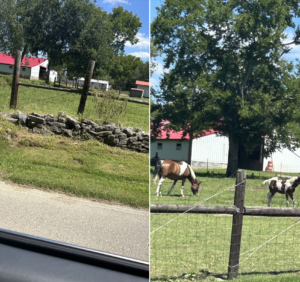
II. The Long Road to Nowhere
Chattanooga straddles the border of Tennessee and Georgia (Georgia boasts the ignoble Poultry Capital of the World Monument). I was driving behind a chicken transport truck, heading south from Knoxville. The stench was palpable as chicken feathers smashed against my windshield, and everyone was eager to pass the unwieldy vehicle, stuffed with stressed chickens. As I passed, I caught the eyes of one bird with a chest rubbed raw. He blinked slowly with the wind whipping everyone on the outer edges of the cargo area. He and his kin were completely exposed to the elements—rain, wind, snow, sleet, hail, and there would be no food, no water, and no relief on their journey. All of the rest stops are for the human driver, not the animal “cargo”.
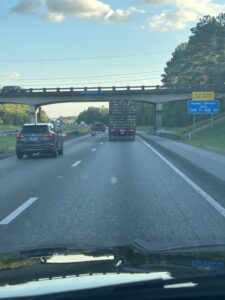
Weary from the day’s driving, I hunted for a budget motel and found one off the highway adjacent to a truck stop. I grabbed a veggie Subway sandwich and stood outside my rental car to scarf down dinner. I nearly choked, as I soon heard the bellowing sounds of cows wailing in agony across the street in a transport truck (scroll down for the audio). This is the transport vehicle from the feedlots to the processing plant (read: slaughterhouse), and is perhaps the only interaction we get as consumers before the animal is dismantled into component parts, neatly wrapped in cellophane, and placed in the meat aisle of our local supermarket.
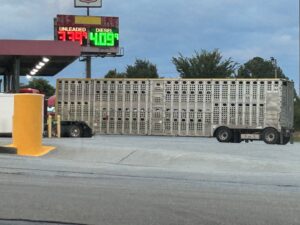
III. The End of the Line
Koch Foods (no relation to the Koch brothers) is a privately held top chicken processing company. I stumbled upon this facility when I saw “Koch Kill Plant” in my Google maps view of Morristown, TN. The street has the Orwellian name “Progress Parkway,” as though an assembly line dismemberment of live animals can be called progress in any civilized society. Their logo of a proud puffed-chested chicken with a wattle that doubles as a bowtie is reminiscent of my childhood cartoon favorite Foghorn Leghorn from Bugs Bunny. Way to destroy my childhood, Koch Foods!
Click here to learn more about the awfulness of Koch Foods.
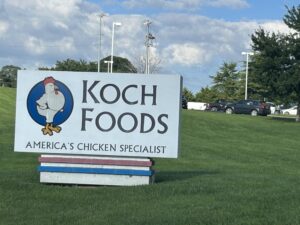
HOPE
Amidst overwhelming sadness, I was uplifted to see this delightful road sign from a fellow chicken lover. Hope and goodness shall prevail, in time.
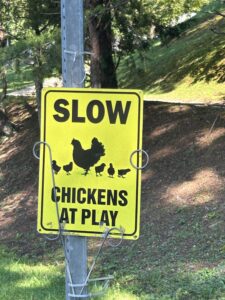
– Sumita T. Jonak
Thank you Sumita!
*Main Image – Sumita Jonak speaking at the 2023 Animal and Vegan Awareness (AVA) Summit.
Sumita’s Recommended Resources:
VegNews, a plant-based magazine that calls itself “the largest vegan media brand in the world”.
Greener by Default – consults with institutions to apply behavioral science to food policy, nudging diners towards sustainable plant-based food while preserving freedom of choice.
Food System Innovations -dedicated to creating a more sustainable, humane, and equitable global food system while creating value for all stakeholders.
Other Suggestions:
Click here for the film, Dominion, which is available for free.
Click here for the 5+ minute video Dairy is Scary.
Click here to learn more about the AVA Summit.
Click here to learn more about the intelligence of chickens.
Click here to learn more about the intelligence of pigs.
Click here to learn more about the intelligence of turkeys.
Click here to learn more about the intelligence of cows.

